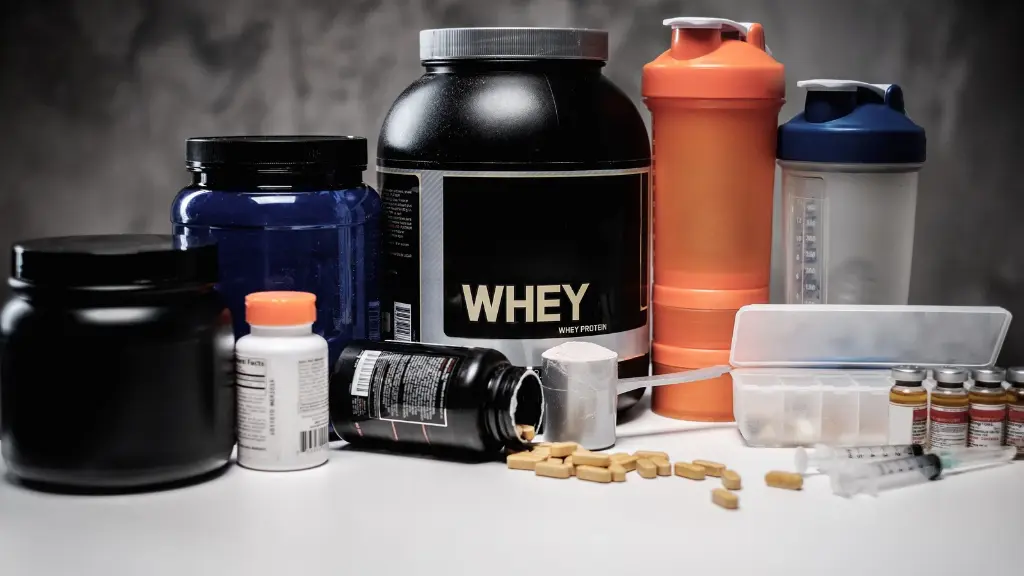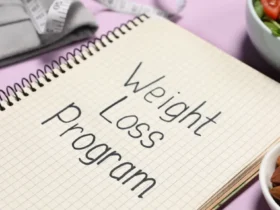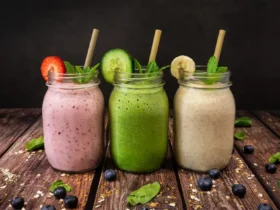Fat burners promise quick weight loss, but their flashy marketing often hides the truth. Before you spend your money, here’s what you need to know about fat burners, their effectiveness, and what actually works for sustainable weight loss.
What Are Fat Burners?
Fat burners are dietary supplements claiming to boost metabolism, increase fat oxidation, or suppress appetite. Common ingredients include caffeine, green tea extract, L-carnitine, and proprietary blends.
They’re marketed as a shortcut to shedding pounds, often with bold claims like “melt fat fast” or “burn calories while you sleep.”
But do they deliver? Let’s break it down.
The Truth About Fat Burners
1. Limited Evidence of Effectiveness
Most fat burners lack robust scientific backing. Studies on ingredients like caffeine and green tea extract show modest effects on metabolism, but the impact is often overstated.
For example, a 2011 study in Obesity Reviews found that green tea catechins may slightly increase fat oxidation, but the effect is minimal without a calorie-controlled diet.
Proprietary blends, often found in these supplements, hide exact ingredient amounts, making it hard to verify their efficacy.
2. Side Effects and Risks
Fat burners aren’t harmless. High doses of stimulants like caffeine can cause jitters, anxiety, increased heart rate, and sleep issues.
Other ingredients, like synephrine, have been linked to cardiovascular risks.
The FDA has flagged some fat burners for containing unlisted or banned substances, such as ephedra, which was pulled from the market due to safety concerns.
3. Not a Magic Solution
No fat burner will replace the fundamentals of weight loss: a calorie deficit, balanced nutrition, and regular exercise.
Supplements might give a slight edge, but they won’t “burn” fat on their own. Relying on them without lifestyle changes is a recipe for disappointment.
What Actually Works for Weight Loss
Instead of banking on a pill, focus on proven strategies:
1. Calorie Deficit
Weight loss boils down to consuming fewer calories than you burn. Track your intake using apps like MyFitnessPal or Cronometer to ensure you’re in a deficit.
Aim for a moderate deficit (300-500 calories daily) to lose 0.5-1 pound per week, which is sustainable.
2. Balanced Diet
Prioritize whole foods: lean proteins (chicken, fish, tofu), vegetables, fruits, whole grains, and healthy fats (avocado, nuts).
Protein is especially important—it preserves muscle mass and keeps you full. A 2020 study in The American Journal of Clinical Nutrition found that higher-protein diets improve satiety and support fat loss.
3. Regular Exercise
Combine strength training and cardio. Strength training builds muscle, which boosts your resting metabolism, while cardio burns calories.
Aim for at least 150 minutes of moderate aerobic activity or 75 minutes of vigorous activity weekly, per CDC guidelines.
4. Sleep and Stress Management
Poor sleep and high stress can sabotage weight loss by disrupting hormones like cortisol and ghrelin, which regulate hunger.
Aim for 7-9 hours of sleep and practice stress-reducing habits like meditation or yoga.
Questions to Ask Before Buying a Fat Burner
If you’re still considering a fat burner, ask yourself:
- What’s in it? Check the ingredient list and research each component. Avoid products with vague “proprietary blends.”
- Are the claims realistic? If it sounds too good to be true, it probably is.
- Have I consulted a doctor? This is crucial, especially if you have health conditions or take medications.
- Am I already optimizing diet and exercise? Supplements won’t fix poor habits.
The Bottom Line
Fat burners are often a waste of money and can carry risks. Sustainable weight loss comes from consistent habits—eating well, moving more, and prioritizing sleep and stress management. Before you buy, focus on the basics. Your wallet (and body) will thank you.
Disclaimer: Always consult a healthcare professional before starting any supplement or weight loss plan.
















Leave a Reply